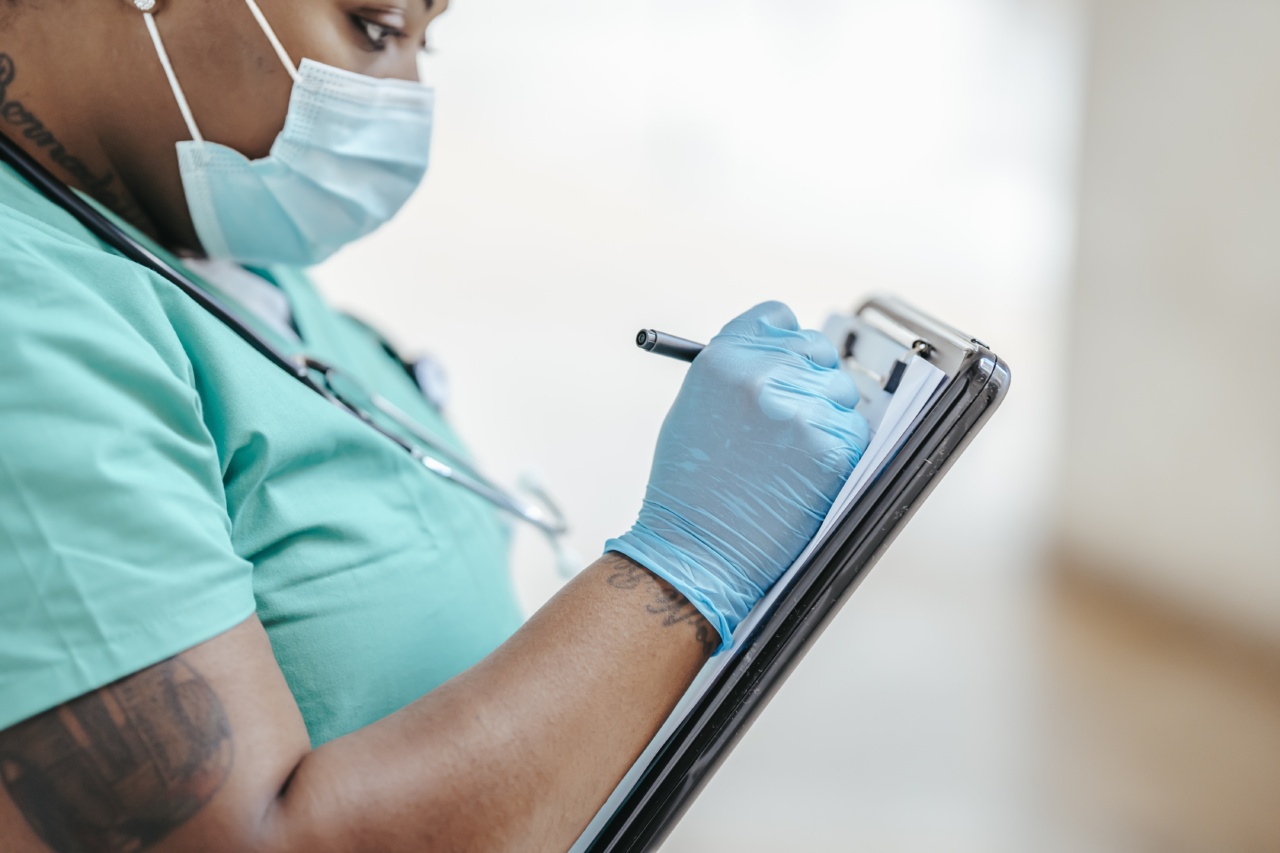There is no denying the fact that the healthcare industry is one of the most essential and demanding industries in the world.
It is a field that requires highly skilled, knowledgeable, and experienced professionals, who can exhibit critical thinking abilities in their respective area of work. These professionals, better known as physicians, are the backbone of any healthcare system.
The Role of Physicians
The role of physicians in the healthcare industry is multifaceted. They are responsible for examining, diagnosing, and treating patients with a range of illnesses and injuries.
In addition, they are required to keep abreast of the latest medical advancements and technologies. They must also ensure that their patients receive the best possible care and attention.
Furthermore, they must also be compassionate and understand the emotional and psychological needs of their patients. They often act as their patients’ confidantes and offer emotional and psychological support along with medical advice.
Intelligence and Physicians
The medical profession is not for everyone. It requires extensive training, dedication, and intelligence to become a physician.
Medical schools and residency programs are highly selective, and only those with exceptional academic records and knowledge of the sciences are admitted.
Physicians must possess a vast amount of knowledge about various medical conditions and how they can be diagnosed and treated. They must also possess critical thinking and analytical skills to make informed decisions about patient care.
Kiwi Guards and Physician Intelligence
Kiwi guards can help physicians in their work by acting as an intelligent assistant that can provide them with the necessary information and support to make informed decisions.
Kiwi guards are artificial intelligence systems that are designed to assist physicians in their tasks.
They can analyze patient information and provide physicians with relevant data that can assist in medical diagnosis and treatment.
They can also analyze patient history and records to help physicians identify any patterns or trends that may affect outcomes.
Kiwi guards can also assist physicians by monitoring patients’ vital signs, notifying them of any changes, and alerting them to potential health risks.
They can also help physicians track patients’ progress over time and make recommendations for follow-up care.
Benefits of Kiwi Guards for Physicians
Kiwi guards offer several benefits to physicians. They can help reduce the workload of physicians by assisting them in their tasks. This can free up doctors’ time to focus on critical cases that require their attention and expertise.
They can also improve patient outcomes by providing physicians with relevant data that can assist in medical diagnoses and treatment.
In addition, they can help reduce medical errors by providing physicians with real-time data that can prevent potential risks and complications.
Kiwi guards can also reduce healthcare costs by increasing efficiency in the healthcare system. They can help physicians make informed decisions, which can improve the accuracy of diagnoses, and reduce the number of unnecessary tests and procedures.
Challenges of Kiwi Guards
As with any technological advancement, kiwi guards are not without their challenges. One primary concern is the privacy and security of patient information.
Sensitive patient information such as medical history, test results and diagnoses must be carefully protected and secured to avoid identity theft, fraud or misuse. As kiwi guards collect and store data on patients, it is important to ensure compliance with privacy legislation such as GDPR, HIPAA, or the Personal Information Protection Act.
Another challenge is the potential for kiwi guards to replace human physicians. While they are valuable assistants and can offer support to physicians, they cannot replace the human element of patient care.
Patients need reassurance, empathy, and understanding, which can only be provided through personal interactions with healthcare professionals.
Conclusion
Physicians have an essential role to play in the healthcare industry, and their intelligence and skills are critical to the success of healthcare systems worldwide.
Kiwi guards can assist physicians in their work by providing them with relevant data, monitoring vital signs, and reducing overall workload. However, it is imperative to balance the benefits with potential risks and challenges and ensure that patients’ privacy and security are protected.






























